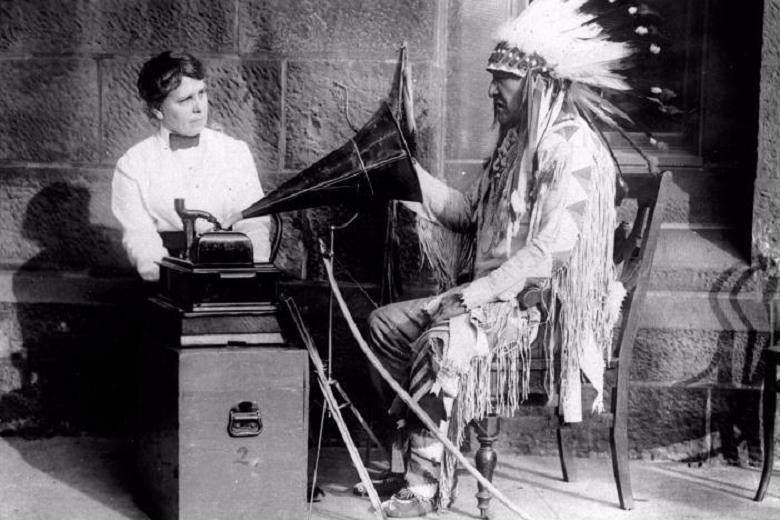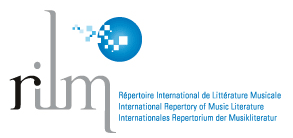“I Must Cite Some Examples of Their Full Capacity for Expression”: Thoughts toward the History of Ethnomusicology
Keywords:
Ethnomusicology, history of ethnomusicology, colonialism, reflexivityAbstract
In this article Philip V. Bohman reviews the history of the approaches to so-called exotic musical cultures that gave birth to ethnomusicology. Reviewing the literature from the earliest descriptions of the music of the Other at the dawn of modernity, Bohlman discusses the forms of representation of what he calls an incipient ethnomusicology and asks how those descriptions gained more and more a scientific dimension in the discipline. Without downplaying the colonialist or Eurocentric implications of early ethnomusicological practices, Bohlman invites us to delineate, through a critical reading of the discipline’s past, the elements that should nurture our practices when we investigate or transmit the music of other cultures in current times.

Additional Files
Published
Issue
Section
License
Copyright (c) 2023 Revista Argentina de Musicología

This work is licensed under a Creative Commons Attribution-NonCommercial 4.0 International License.
ATTRIBUTION-NONCOMMERCIAL 4.0 INTERNATIONAL
https://creativecommons.org/licenses/by-nc/4.0/
You are free to:
- Share — copy and redistribute the material in any medium or format
- Adapt — remix, transform, and build upon the material
- The licensor cannot revoke these freedoms as long as you follow the license terms.
Under the following terms:
- Attribution — You must give appropriate credit , provide a link to the license, and indicate if changes were made . You may do so in any reasonable manner, but not in any way that suggests the licensor endorses you or your use.
- NonCommercial — You may not use the material for commercial purposes .
- No additional restrictions — You may not apply legal terms or technological measures that legally restrict others from doing anything the license permits.
Notices:
You do not have to comply with the license for elements of the material in the public domain or where your use is permitted by an applicable exception or limitation .
No warranties are given. The license may not give you all of the permissions necessary for your intended use. For example, other rights such as publicity, privacy, or moral rightsmay limit how you use the material.






